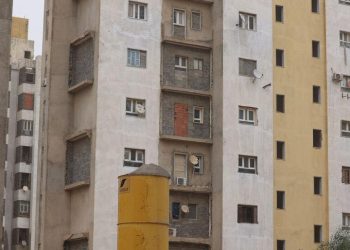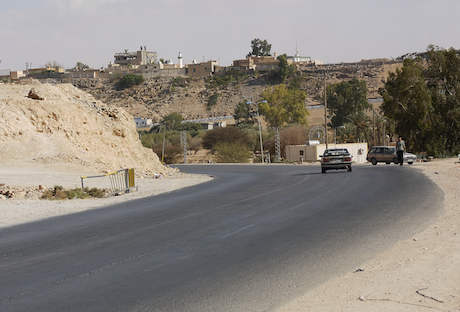Tripoli, 12 October:
The United Nations Support Mission in Libya (UNSMIL) has told the Libyan authorities that they are obliged by international . . .[restrict]law to protect civilians in Bani Walid and allow supplies into the town to meet basic needs.
In a statement issued today, Friday, Georg Charpentier, the acting Special Representative of the UN Secretary-General, expressed concern about the situation in the town, now under seige by Libyan armed forces. The statement said the UN welcomed the efforts being undertaken by the Libyan authorities and reconciliation committees and called for “a mediated settlement that allows the state to exercise its national authority and comprehensively addresses all outstanding issues related to Bani Walid”.
Amnesty International also today called on the Libyan authorities to ensure that Bani Walid residents are protected “from reckless fire”, and that movement to the town is not arbitrarily restricted.
Bani Walid residents have said that the armed forces that have encircled Bani Walid are preventing food and medical supplies getting into the town but this has been strongly denied by the military. Yesterday, Thursday, General Staff spokesman Colonel Ali Sheikhi said that there were strict instructions to the armed forces not to stop such supplies being transported into the town.
However, there are indications that some of the forces on the front line are not following orders. On Wednesday, Sheikhi admitted that firing at Bani Walid by forces based at Bir Dufan had not been authorised.
Some supplies are known to have entered the town in the few days between the Tarhuna road’s reopening on Sunday and its subsequent closure in the past couple of days. On Wednesday, a medical team from the International Committee of the Red Cross (ICRC) were in Bani Walid providing medical supplies and assessing the condition of injured patients.
It delivered materials to treat 50 seriously injured patients to the main hospital as well as drugs for the treatment of chronic diseases. “For the time being, the hospital is managing to cope with its caseload of injured patients, so we did not evacuate anyone,” said Bernadette Gleeson, an ICRC health delegate who went to Bani Walid.
The ICRC managed to get into the town after securing the agreement of all parties concerned, according to Ishfaq Muhammad Khan, head of the ICRC delegation in Libya. [/restrict]








